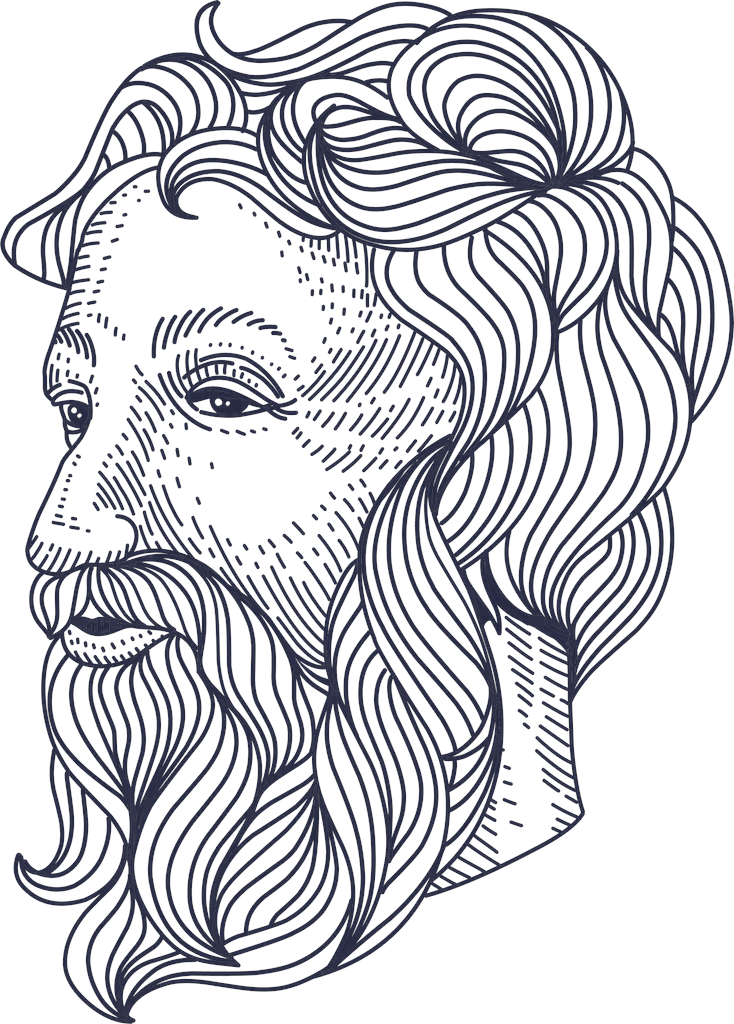by Kitty Horne, Academic Development
The University of Sussex Business School is actively exploring the role of artificial intelligence in higher education, focusing on practical approaches to both enhance learning and address the challenges Artificial Intelligence (AI) brings. Through collaborative workshops, events and exploration of assistive tools the School is helping staff and students navigate this evolving landscape. These initiatives are designed to support faculty in adapting assessments, to streamline student support, and to encourage discussions about AI’s impact on teaching and learning.
Co-creating workshops
Over the summer, the Business School collaborated with students to create a series of workshops designed to help faculty adapt assessments in light of advancements in AI. Led by Aaron Fowler and Max Baylis, recent Sussex graduates, and Dr Lisa Blatch, Senior Lecturer in Strategy, the eight sessions were attended by more than 80 members of staff and aimed to support attendees in understanding how to design assessments that are less vulnerable to AI automation.
One central focus of these workshops was on testing assignments for automatability by examining whether AI could easily complete them. By experimenting with putting their assessments through generative AI tools, educators learned how to identify assessment types that are susceptible to AI and, as a result, were able to structure their assessments so that they were based on evaluative and contextualised thinking, and material that is not significantly available online.
Exploring chatbots
In addition to assessment focused workshops, the Business School launched two projects, funded through the Business School Education and Students Small Grant Awards. The first project is led by Dr René Moolenaar, Senior Lecturer in Strategy, and is investigating whether a custom GPT-based chatbot could streamline the work of the School’s Student Academic Success Advisors (SASA). By handling routine queries this chatbot has the potential to make student support more responsive, freeing up SASA staff for more complex cases.
The second is led by Dr Małgorzata (Gosia) Sulimierska, Senior Lecturer in Banking and FinTech, and aims to integrate an interactive chatbot which provides a knowledge assistant that helps with module information and answers student questions on sustainable finance. Developed in collaboration with colleagues in the School of Engineering and Informatics, this chatbot aims to not only improve academic support but also create an interactive, engaging learning experience for students exploring sustainable finance.
A third tool, Plato, is also being explored by the School. Created by a recent Sussex graduate, Nikita Dumitriuc, Plato is an interactive platform that supports student learning by providing personalised resources and insights and can be integrated into Canvas modules. Through Plato students have access to a chatbot, curated study material like revision flashcards and quizzes, as well as a note taking tool.
Festival of SustAInable Education
In May the School held the inaugural Festival of SustAInable Education, which provided a forum for discussing AI’s impact on education and explored the intersection of AI and sustainability, AI and education, and education in sustainability. With a dedicated strand on AI, the festival featured discussions on the ethical implications of AI in learning and the skills students will need in an AI-influenced world. Faculty, students, and external experts came together to share insights on balancing AI’s benefits with ethical concerns and the need for inclusive practices. The event was organised by a team led by Gabriella Cagliesi and featured guest speakers including: Sir Mark Lowcock, Jean-Christophe Carteron, Sir Anthony Seldon and Sophia the robot.
Looking ahead
In the coming months, the chatbot tools will be developed further and evaluated to determine their effectiveness in supporting students and faculty. The co-created workshops are set to continue in the Spring term, with updates to reflect the changing AI landscape. These ongoing efforts reflect the School’s commitment to fostering an adaptive and sustainable approach to AI in teaching, learning and assessment. A small group has also been appointed to start formalising the Faculty’s policy position on AI.






[…] On the EE blog: Integrating ArtificiaI Intelligence into Education at the University of Sussex Business School […]